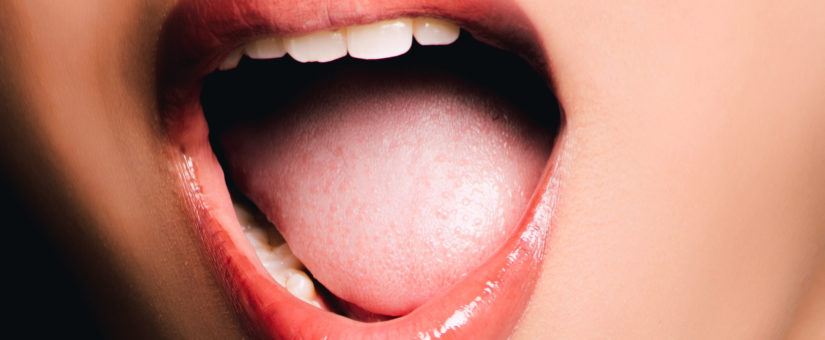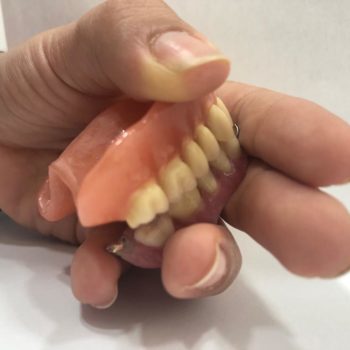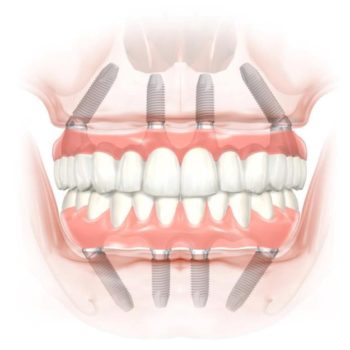
Burning Mouth Syndrome
- On September 16, 2019
A few days ago, S. came to visit my dental clinic, as she was quite concerned about her condition. She claimed to be experiencing a burning sensation in her oral cavity, being more intense in her tongue, lips and palate. She was desperate, since it was also affecting her in other ways: dry mouth, a constant metallic taste and taste alteration.
I thought that it was burning mouth syndrome (BMS), the symptoms of which may continue on and off for days, months or years. Most people with burning mouth syndrome are postmenopausal women, although no identifiable cause is apparent. Symptoms may appear gradually or suddenly, right after a certain change in the mouth. Nowadays, there are two types of BMS: primary BMS (affecting sensory peripheral mechanisms of the mouth) and secondary BMS (usually related to an undiagnosed illness, such as xerostomia or dry mouth sensation; problems with salivary glands, a side effect of cancer treatment or certain medications that diminish salivary flow, nutritional deficiencies and ill-adapted dentures.
Unfortunately, there is no treatment defined for this disease, only symptomatic treatment would be administered. We generally recommend the use of saliva substitutes, lidocaine mouthwash, Capsaicin (a natural painkiller which comes from plant resources, such as chili peppers) and Clonazepam (its anticonvulsant properties reduce BMS symptoms). There are steps you can take to reduce dry mouth, such as drinking plenty of fluids, avoid drinking alcohol or soft drinks, as well as avoid smoking and taking products containing mint or cinnamon.
Nowadays, BMS remains unknown and it is very difficult to diagnose, as it does not lead to visible changes in the oral cavity. However, the most common symptoms of BMS are a metallic taste in the mouth and thick salivation. If we are to find an effective therapy to relieve the patient’s pain, whose quality of life is notably reduced, research must be increased.
Fortunately, S. is subject to medical surveillance, but it is only a matter of time until she starts suffering the same symptoms again, as we are not sure about how to properly treat her. We make sure that she is well looked after, but we cannot help but feel powerless when we cannot address the problem and provide a definitive solution to our patients.
Bibliography:
Feller, L., Fopurie, J., Bouckaert, M., Khammisam, R. A. G., Ballyram, R., Lemmer, J. (2017). Burning Mouth Syndrome: Aetiopathogenesis and principles of management.


